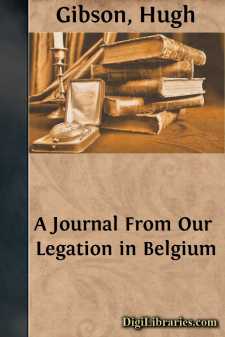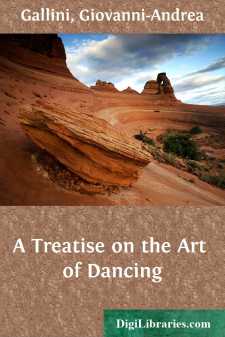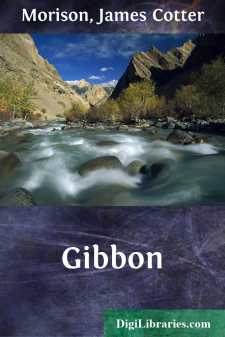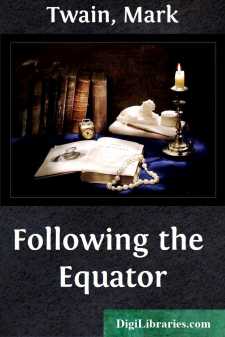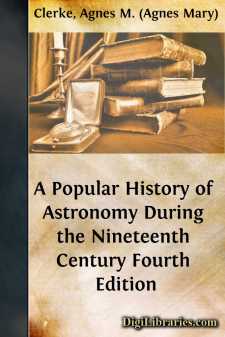History
- Africa 30
- Americas (North Central South West Indies) 50
- Ancient 68
- Asia 58
- Australia & New Zealand 8
- Canada 41
- Caribbean & West Indies 1
- Civilization 20
- Eastern Europe 12
- Europe 310
- Expeditions & Discoveries 60
- General 77
- Historical Geography 1
- Jewish 9
- Latin America 3
- Medieval 8
- Middle East 13
- Military 248
- Revolutionary 8
- Study & Teaching 5
- United States 353
- Western Europe 56
- World 13
History Books
Sort by:
A DESTROYER IN ACTIVE SERVICE BY AN AMERICAN OFFICERApril7.War accepted with equanimity.Life on a destroyer is simple.Well, I must confess that, even after war has been declared, the skies haven't fallen and oysters taste just the same. I never would have dreamed that so big a step would be accepted with so much equanimity. It is due to two causes, I think. First, because we have trembled on the...
more...
by:
Hugh Gibson
INTRODUCTION This volume is not a carefully prepared treatise on the war. It does not set out to prove anything. It is merely what its title indicates—a private journal jotted down hastily from day to day in odd moments, when more pressing duties would permit. Much material has been eliminated as of little interest. Other material of interest has been left out because it cannot be published at this...
more...
INTRODUCTION It is a pleasure to write a few words of introduction to this collection of stories dealing with the early history of Connecticut, a state that can justly point with pride to a past rich in features of life and government that have been influential in the making of the nation. Yet the history of the colony was not dramatic, for its people lived quiet lives, little disturbed by quarrels...
more...
PREFACE The history of Giggleswick School has just two difficulties about it which need to be unravelled. The date of the foundation of the School or of the Chantry of the Rood and the origin of the Seal alone are of interest to the antiquary and I have failed to discover either. The remainder is the story of a school, which has always had a reputation in the educational world and at the same time has...
more...
ADVERTISEMENT. What I have here to say is rather in the nature of an apology than of a preface or advertisement. The very title of a Treatise upon the art of dancing by a dancing-master, implicitly threatens so much either of the exageration of the profession, or of the recommendation of himself, and most probably of both, that it cannot be improper for me to bespeak the reader’s favorable precaution...
more...
CHAPTER I. GIBBON'S EARLY LIFE UP TO THE TIME OF HIS LEAVING OXFORD. Edward Gibbon was born at Putney, near London, on 27th April in the year 1737. After the reformation of the calendar his birthday became the 8th of May. He was the eldest of a family of seven children; but his five brothers and only sister all died in early infancy, and he could remember in after life his sister alone, whom he...
more...
by:
Mark Twain
On the seventh day out we saw a dim vast bulk standing up out of the wastes of the Pacific and knew that that spectral promontory was Diamond Head, a piece of this world which I had not seen before for twenty-nine years. So we were nearing Honolulu, the capital city of the Sandwich Islands—those islands which to me were Paradise; a Paradise which I had been longing all those years to see again. Not...
more...
by:
William Hunt
CHAPTER I. THE REGENCY OF WILLIAM MARSHAL. When John died, on October 19, 1216, the issue of the war between him and the barons was still doubtful. The arrival of Louis of France, eldest son of King Philip Augustus, had enabled the barons to win back much of the ground lost after John's early triumphs had forced them to call in the foreigner. Beyond the Humber the sturdy north-country barons, who...
more...
Declaration of Independence NOTE.—The words "Declaration of Independence" do not appear on the original.IN CONGRESS, JULY 4, 1776. The unanimous Declaration of the thirteen united States of America, When in the Course of human events, it becomes necessary for one people to dissolve the political bands which have connected them with another, and to assume among the powers of the earth, the...
more...
INTRODUCTION We can distinguish three kinds of astronomy, each with a different origin and history, but all mutually dependent, and composing, in their fundamental unity, one science. First in order of time came the art of observing the returns, and measuring the places, of the heavenly bodies. This was the sole astronomy of the Chinese and Chaldeans; but to it the vigorous Greek mind added a highly...
more...



